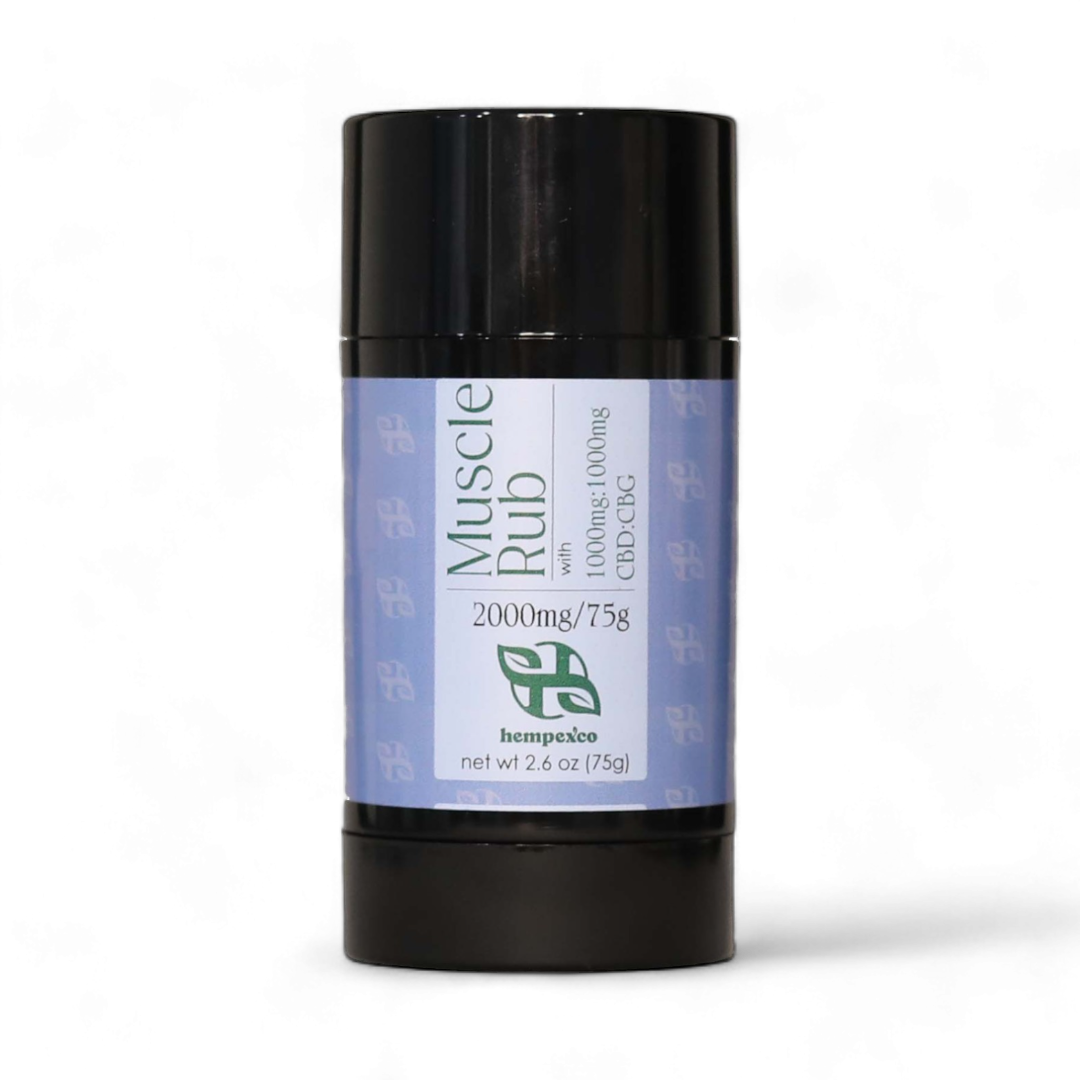
CBD for Pets: What You Should Know
CBD for Pets For pet lovers, it can feel as though our worlds revolve around those fuzzy faces. Animals have


Sleep is an integral part of our well-being, impacting physical health, cognitive performance, and overall quality of life. Unfortunately, many individuals struggle with sleeping issues like insomnia or restless nights, both of which can have serious repercussions for their physical and emotional well-being. Now that the cannabis plant has achieved mainstream status in most places, it’s natural to ask what terpenes are good for sleep.
There are various approaches available to promote better sleep; one method that has recently drawn greater interest is using terpenes—natural compounds found in plants that give their aromas and flavors their unique identity. As well as their sensory appeal, certain terpenes contain sedative and calming properties that make them an effective candidate for aiding sleep. In this article, we’ll delve deeper into terpenes to uncover which ones have proven to promote restful slumber. So read on if you have trouble sleeping!
Terpenes are plant-derived compounds found in various species, such as cannabis, that possess therapeutic benefits such as improving sleep. Terpenes give plants their distinct aromas, flavors, and colors; though most widely associated with cannabis they can also be found in lavender, citrus fruits, conifers, and pine needles.
You might also know these compounds as essential oils, which are volatile oils that provide the lovely fragrances in your household deodorizers, scent diffusers, and wax warmers. While hundreds of natural terpenes exist only a select few can act as agents capable of aiding sleeping disorders such as insomnia.
Linalool is one of the primary terpenes widely recognized for its sleep-inducing properties. As the compound responsible for lavender’s soothing fragrance, linalool helps ease stress and anxiety – two key factors contributing to interrupted sleeping patterns or insomnia. According to one 2015 Journal of Ethnopharmacology study, inhalation of its scent significantly decreased stress activation among mice.
Myrcene is an essential terpene found in cannabis, mangoes, lemongrass, and hops. It promotes restful sleep by inducing sedation and muscle relaxation. Terpineol, found in plants like cannabis, lime blossoms, hops, and pine trees, also has sleep-inducing properties and promotes relaxation. In a study on mice, terpineol demonstrated a 45% reduction in motility, highlighting its sedative effects.
Caryophyllene: Derived from cannabis and hemp—is an extremely effective solution to managing sleep disorders, with specific benefits seen through engagement with the endocannabinoid system and having broad therapeutic effects, including potency anti-inflammatory and analgesic properties that help alleviate chronic pain, which is one of the main sources of insomnia. This terpene is also found in black pepper,
Limonene: commonly found in citrus fruit and cannabis, might not directly induce sleep; however, it can effectively relieve anxiety and depression to create an atmosphere conducive to restful slumber. An Israeli study on mice demonstrated how limonene could lower anxiety levels and promote improved sleep quality.
Incorporate these top 4 terpenes for sleep into your for a better night’s rest.
The top 4 terpenes for sleep play an essential role in relieving sleep-related ailments. Their relaxing and calming properties make them attractive options in natural sleep aids; further research will likely demonstrate their potential as sleep inducers; until then however, individual compounds or “terpene profiles” may be used to achieve higher-quality rest and manage any related sleeping issues.
Before using terpenes for sleep, it is important to consult healthcare providers as potential interactions must be considered. Furthermore, while terpenes can improve quality sleep, they cannot replace good sleeping habits such as keeping regular schedules, creating comfortable environments, and restricting caffeine intake – these foundational aspects of good hygiene should not be discounted while exploring their effects on our restfulness.
The entourage effect refers to the synergistic relationship between the various compounds found in the cannabis plant, including cannabinoids and terpenes. In the cannabis plant, these terpenes can amplify the medicinal potential of cannabis, resulting in a more comprehensive and well-rounded therapeutic experience.
As part of the entourage effect, it’s also crucial to consider how various combinations of cannabinoids and terpenes can enhance each other’s benefits. Therefore, selecting cannabis strains or sleep aids with combinations of sleep-inducing terpenes alongside CBD and THC could further optimize their sedative properties. Most strains contain all of the top 4 terpenes for sleep
Before adding cannabis-derived products and terpenes into your sleep routine, it is advisable to speak to a healthcare provider. They will assist in selecting suitable strains, products, and consumption methods based on your personal sleep requirements and preferences. Hempexco offers free consultations and interaction checks by a registered pharmacist.
Contact them here
While terpenes may aid in improving sleep quality, they do not replace proper sleep hygiene practices such as setting an effective sleeping schedule, creating a pleasant sleeping environment, and using relaxation techniques for achieving maximum restful slumber.
As researchers explore more deeply into terpenes’ wide array of applications, more knowledge will emerge regarding their sleep-inducing properties. From essential oils and aromatherapy through cannabis products or cannabis derivatives, terpenes provide a natural yet holistic way of improving overall well-being by improving the quality and quantity of restful slumber.
Sleep is crucial for our overall well-being, affecting our physical health, cognitive abilities, and overall quality of life. Sadly, a large number of people find themselves grappling with sleep-related problems, such as persistent insomnia or restless nights. These can significantly impact physical and emotional well-being in alarming ways. However, with the widespread acceptance of cannabis, it’s only natural to wonder about the effectiveness of terpenes in aiding sleep. These top 4 terpenes for sleep offer another layer in your sleep health routine.
The top 4 terpenes for sleep are found abundantly in plants, hold the key to a restful slumber like never before. Nothing can replace doing your own research into any sleep aid, but make sure you delve into the world of terpenes before you make your choice. Even if you decide against using terpenes, they are a worthy and fascinating subject to spend some time on.

CBD for Pets For pet lovers, it can feel as though our worlds revolve around those fuzzy faces. Animals have

Benefits of CBD Topicals This article will discuss the potential benefits of CBD topicals including lotions, creams, and balms. CBD

Unveiling the Secrets of Terpenes Unveiling the Secrets of Terpenes What Are Terpenes? First, it’s essential to comprehend what
Stay updated with our latest news, offers, and insights by subscribing to our email newsletter. No spam, ever – promise.
©2024 Hempexco. All rights reserved. | Site by Connective Web Design.